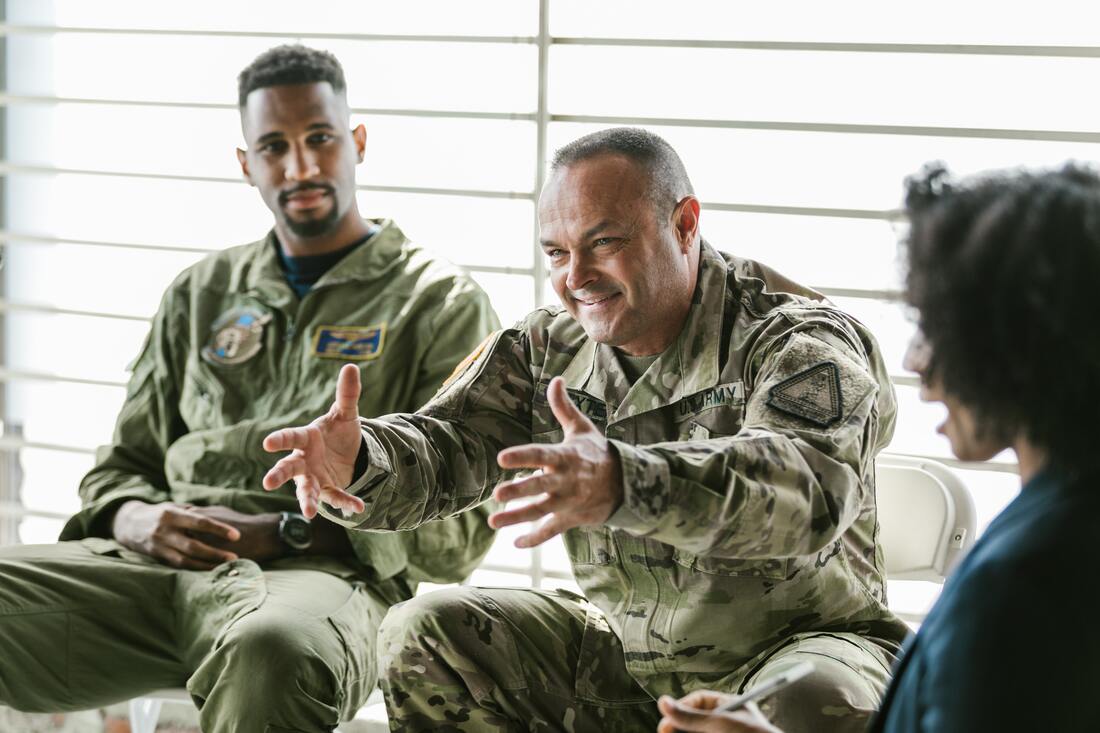Understand The Unique Needs Of VeteransThe United States veteran is one of the most vulnerable populations in our society. Every day, there are more than 1.4 million vets on the cusp of homelessness, and approximately one in 15 experience a drug or alcohol addiction. These men and women often suffer from mental health struggles, including PTSD, and issues that can keep them from fully acclimating into civilian society. As such, it is our duty to serve those that have served us so well, often sacrificing their mental and physical health. Knowing their needs puts you in a better position to help when an opportunity arises. Combat HomelessnessVeteran homelessness isn’t always the result of a lack of funds. Sometimes, it is the stress of searching for a mortgage and looking at house after house that keeps people living on the streets. However, considering that the average home price has gone up more than $50,000 in the last year, money may also be a concern. Something you can do here is to help veterans search for loans. According to Redfin, veterans may qualify for a VA loan with no money down. Further, mortgage insurance isn’t required, meaning that the mortgage amount will be more affordable. Help With Medical CareMany elderly veterans are no longer able to drive on their own. For this reason, some will forgo vital medical appointments. You can help by offering to provide transportation for them to the VA hospital or run errands, such as grocery shopping or yard work. Your local VFW, DAV, or the VNRD can help you find opportunities to serve a veteran in need. You may also offer to pick up prescriptions or to help them set up an auto-renewal so that they do not have to worry about running out of essentials, such as their medicine or hygiene products. Support Wounded/Ill VetsBefore COVID, many VA hospitals would allow you to visit with a wounded or elderly veteran in person. However, given that the virus remains highly contagious (and has even lowered the life expectancy in the US), virtual visits and other support are more appropriate at this time. Consider giving time, money, cards and letters, or care packages to organizations, such as the American Red Cross or Daughters of the American Revolution. These groups provide hands-on support to those most in need. Some organizations may also appreciate things like phone cards and prepaid cell phones so that veterans can contact friends and family out of state or overseas. Provide FoodThe problem of food hunger in America is not new, and many veterans and their families deal with this problem each day. While the government has suggested automatic SNAP benefits to low-ranking veterans, you can help now by donating to your local food pantry. Many VFW posts offer food to vets on a weekly or monthly basis. You might also contact your local church to see if they have a veteran outreach program. Macaroni and cheese (with premade cheese pouch, not dry mix), powdered milk, canned meats, and crackers, are in high demand and are some of the easiest foods to make a meal out of without having to have access to supplemental ingredients, such as butter and eggs.
There are many ways to help veterans in your community. But the five listed above are a good start. If you’re looking for more opportunities, look for your local veteran agencies. You can also donate to the Veterans National Recovery Center today. As a 501(c)(3) nonprofit charity, the organization utilizes every penny possible to assist veterans in need.
0 Comments
Leave a Reply. |


 RSS Feed
RSS Feed